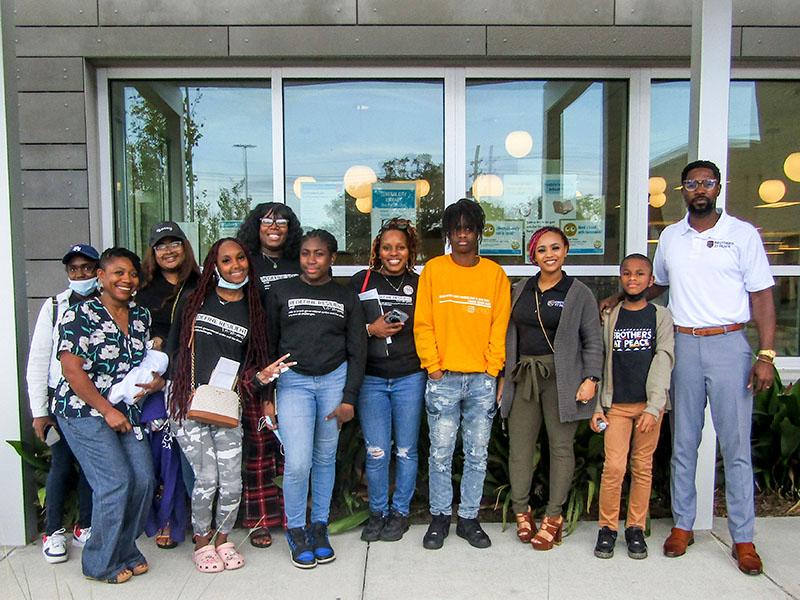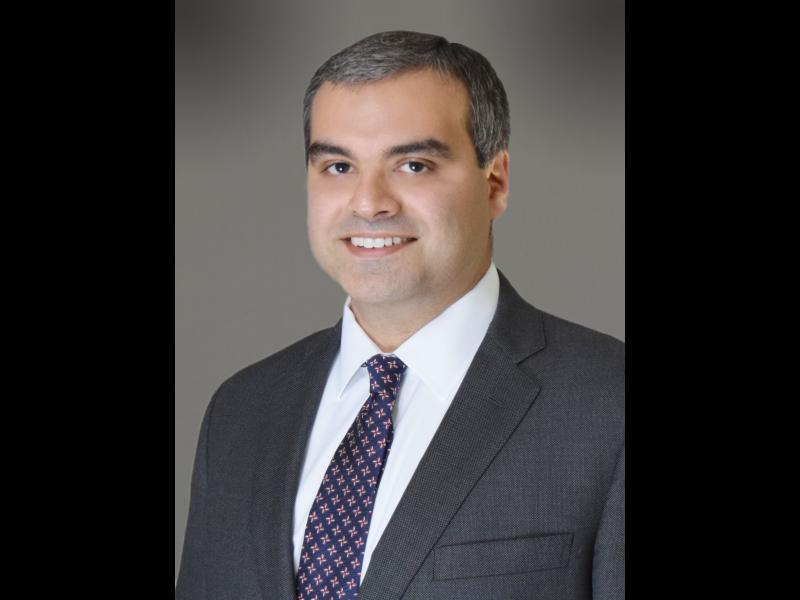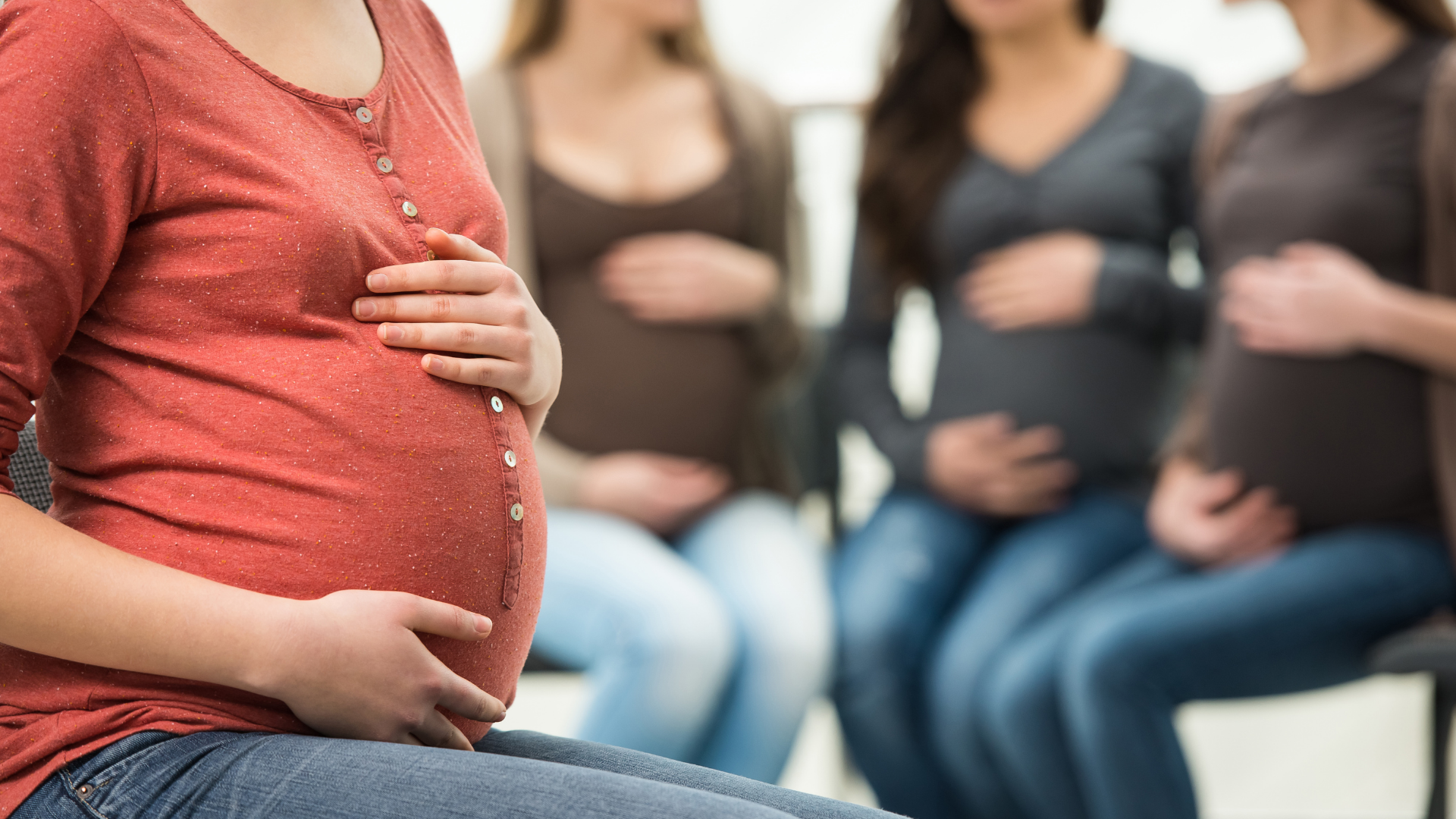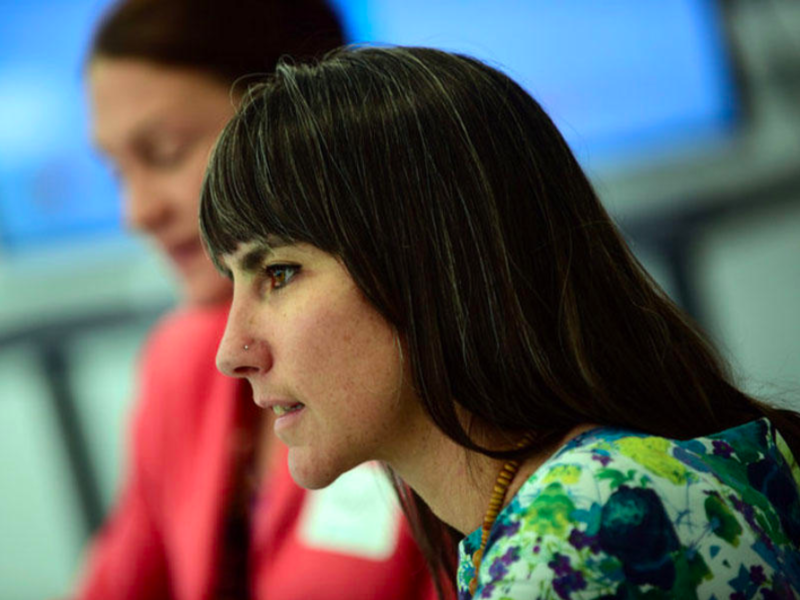Patrick Rafail, Ph.D.

Social Movements and Collective Behavior, Applied Statistics, Political Sociology, Social Control, Complex Organizations, Urban Policing
Regardt “Reggie” Ferreira, PhD
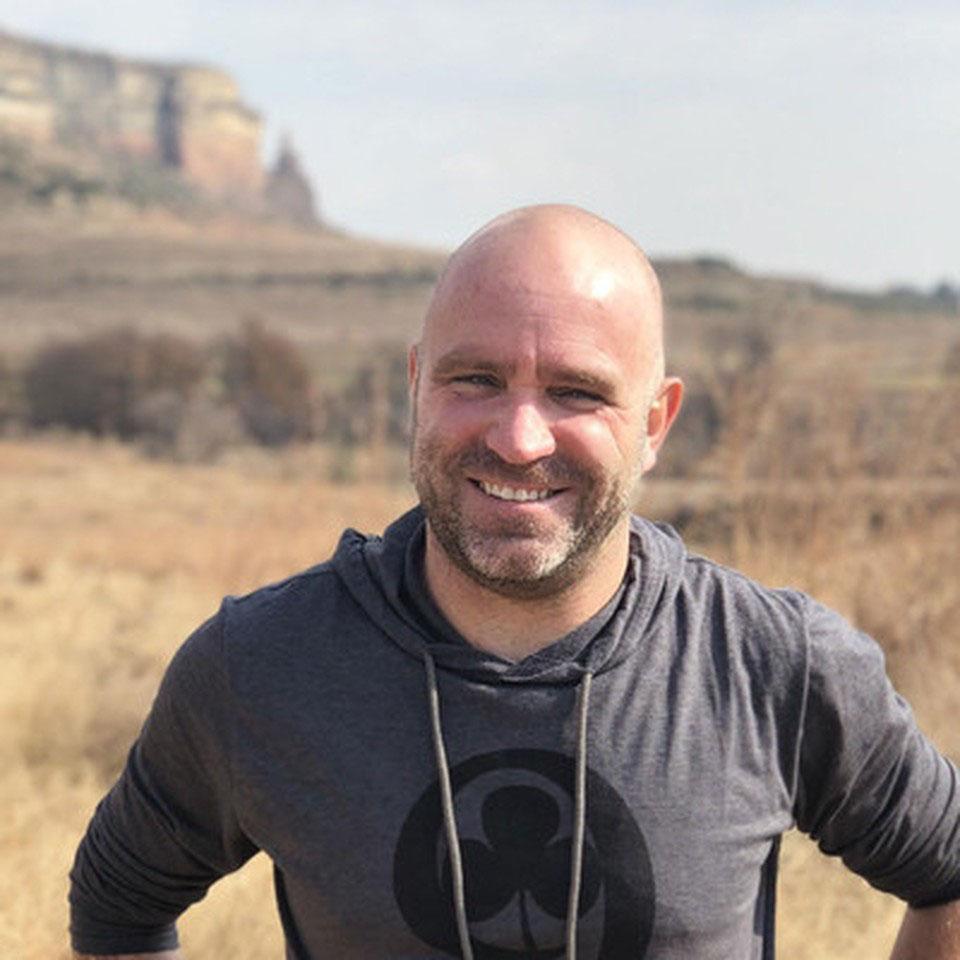
Disaster Resilience, Intimate Partner Violence, International Violence Prevention
Andrea S. Boyles Ph.D.
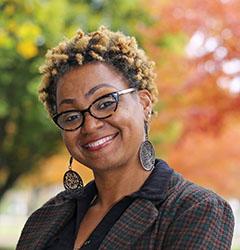
Police-Citizen Relations, Neighborhood Disadvantage and Disorder, Community Development and Engagement, Resilience and Collective Action
